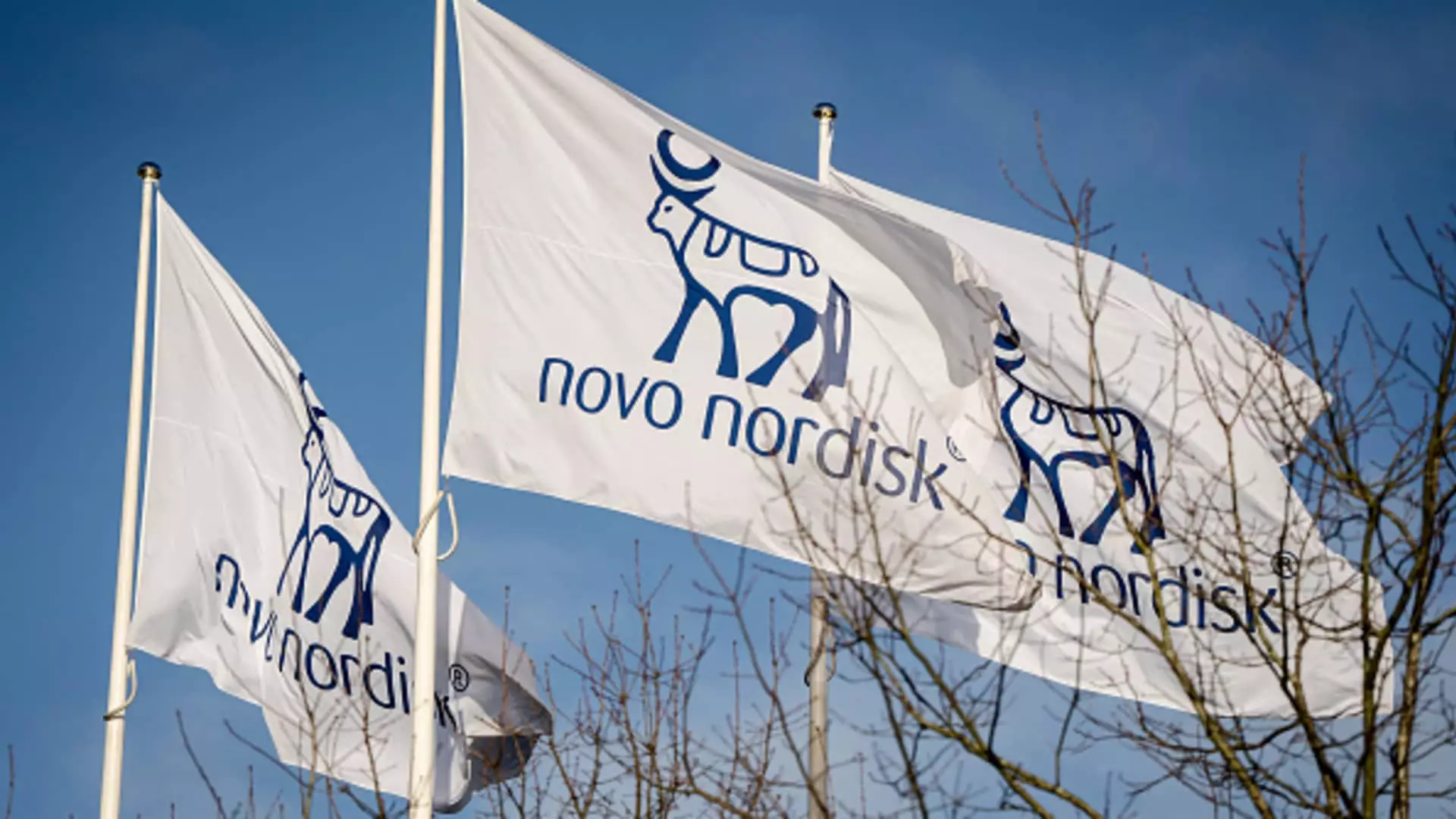In a noteworthy legal development, Novo Nordisk has scored a critical victory, effectively safeguarding its innovative medications—namely, Ozempic and Wegovy—from unauthorized copies made by compounding pharmacies. A Texas federal judge’s ruling is a clear acknowledgment of the intricate balance between pharmaceutical innovation and the often murky waters of compounded medications. This decision stands as a testament to the importance of safeguarding intellectual property rights in the pharmaceutical sector, where protecting ground-breaking therapies can mean the difference between life and death for many patients.
Compounding pharmacies have emerged as a popular alternative for patients who are either struggling to obtain brand-name medications or are experiencing financial constraints. While these pharmacies often operate with the best of intentions, the legal and ethical implications they introduce into the healthcare system cannot be ignored. By producing unapproved versions of prescription drugs, they challenge the established norms of patient safety and clinical efficacy.
The Risks of Unapproved Drug Copies
Novo Nordisk’s emphasis on patient safety is not merely a corporate mantra; it’s a reflection of genuine concerns regarding the health risks associated with compounded drugs. The process of compounding often circumvents the rigorous approval mechanisms put in place by the Food and Drug Administration (FDA). The absence of FDA oversight raises significant red flags about the quality, safety, and effectiveness of compounded medications.
Given that compounded drugs are designed to meet the specific needs of individual patients, one must consider whether they truly offer a viable alternative to FDA-approved treatments. The risks of producing custom medications could ultimately dilute the therapeutic effects or, worse yet, lead to harmful side effects. As patients flock to cheaper alternatives, the imperative to ensure their safety should remain paramount. Novo Nordisk’s legal actions, which include over 100 lawsuits against various compounders, underscore the need for stringent controls and accountability.
Protecting Public Trust in Pharmaceuticals
The recent legal victories for drug manufacturers like Novo Nordisk are not just about corporate profits; they reflect a broader societal need to maintain trust in the pharmaceutical industry. When unapproved versions of vital medications enter the market, they erode public confidence. Patients need to believe that the treatments they are taking have been verified for safety and efficacy. The court’s rejection of compounding pharmacies’ efforts to continue producing semaglutide versions emphasizes the judiciary’s role as a guardian of public health.
Regaining trust is essential for encouraging patients to stick with prescribed treatments rather than resorting to potentially unsafe alternatives. By ensuring that only approved drugs are available, patients can be more assured of their safety. Novo Nordisk’s legal measures serve as an important reminder that even in a landscape teeming with alternatives, the legitimate approaches should always take precedence.
The Bigger Picture: Regulatory Framework Adjustments
The legal ramifications of this case extend beyond Novo Nordisk and its competitors. They compel a reevaluation of the existing regulatory frameworks. Compounding pharmacies traditionally operate under state regulations, but a more uniform approach could benefit all stakeholders involved—from manufacturers to patients. The FDA should perhaps consider more proactive measures to regulate compounded medications, introducing clearer guidelines to differentiate between compounded drugs and approved pharmaceuticals.
As more people turn to drugs like Ozempic and Wegovy for weight management and diabetes treatment, it is imperative that the regulatory landscape adapts to this heightened demand. With ongoing shortages, the dialing back of compounding operations for these medications prompts policymakers to reconsider how patients can have reliable access to essential treatments while ensuring quality and safety standards remain uncompromised.
The Repercussions for Compounding Pharmacies
The court’s denial of the compounding group’s request for a preliminary injunction may significantly impact the operational landscape for these pharmacies. As the FDA gains more authority in targeting non-compliant pharmacies, the compounded medication industry faces existential challenges. Pharmacies will now have to reassess their business models, focusing not only on serving patient needs but also on navigating an increasingly complex legal environment.
This shift could prompt a necessary reckoning within the industry, as it must confront the consequences of prioritizing profit over patient safety. If compounded drugs are to be a part of the healthcare continuum, it might require stricter oversight and compliance protocols to ensure that safety does not become a victim of cost-cutting measures.
Novo Nordisk’s victory is not merely a corporate triumph; it is a ringing endorsement of the need for accountability and safety in the pharmaceutical arena. It underscores that the lines between innovation and imitation must be clearly defined to protect both patients and the foundational tenets of public health.

